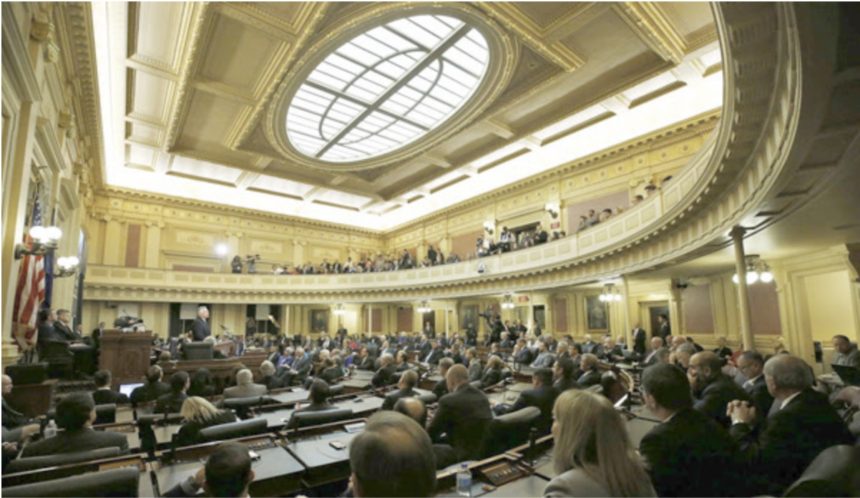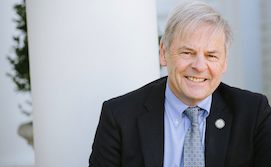Preceded by a flurry of negotiations on Rules and reorganization, the House of Delegates convened at noon on Wednesday, January 10, 2018. I was pleased to see a smooth opening to the session, which occurred largely because of advance negotiations and cooperative endeavors designed to reflect the new dynamic in the House. With 51 Republicans and 49 Democrats, cooperation will be more important than ever. Democrats were able to obtain the ability to have recorded votes in subcommittees; something we had pushed for years has become a reality. Beyond that, Democrats and Republicans now have membership on committees proportional to our numbers in the House, with the exception of the Rules Committee (on which I sit). Aside from that, each committee has 22 members; 12 will be Republicans and 10 will be Democrats. In addition, proportionality will now also apply to subcommittees, with the result that Democrats will have more influence on these important bodies than ever before.
State of the Commonwealth Address

